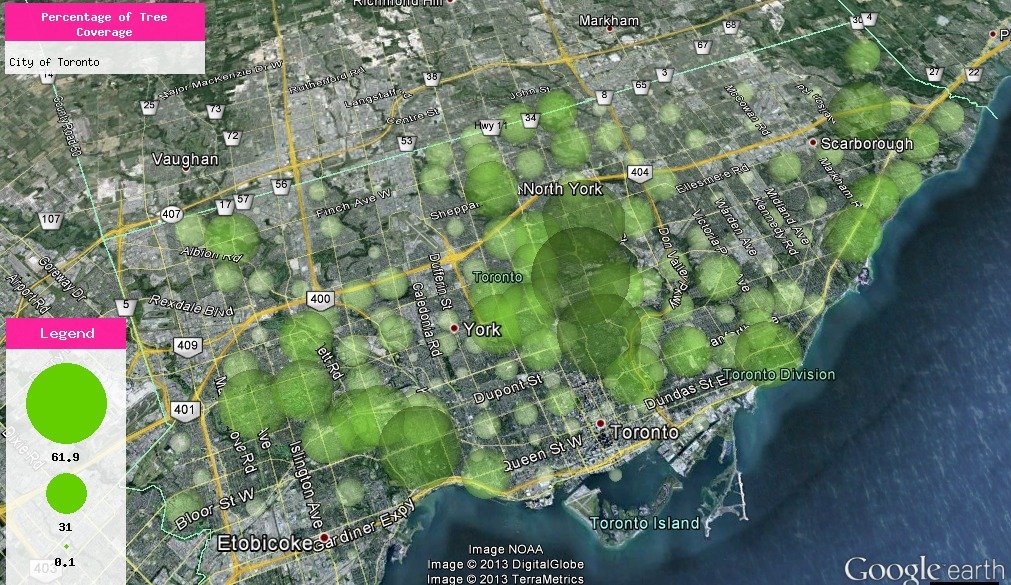A study conducted on the city of Toronto reveals that planting just 10 trees on a city block makes the population healthier — to the same extent as increasing their household income by an incredible $10,000 per year.
The University of Chicago researchers who conducted the study established long ago that wealthy people enjoy better health than those in poorer neighborhoods.
But their keen look at Toronto revealed that greening up a neighborhood can be just as effective as giving them more money.
Marc Berman, who led the study, is an American psychologist who did postdoctoral studies in Toronto, and returned there because it has a number of data sets for the same areas, on which he was able to conduct his research.
Toronto has satellite photos and comprehensive maps of the “urban forest.” It also has maps indicating household revenue by area and crucially there is an ongoing Ontario Health Study about population health within these mapped areas.
That study contains the replies from 31,000 residents in at least 3,000 neighborhoods, which they could superimpose on the tree maps. The study included data on diabetes, stroke, cancer, obesity, heart disease, addiction and depression. It also asked the participants to evaluate their own general state of health.
All these health measures got better in communities with full-grown trees.
Adding 10 trees on a city block “has equivalent health benefits to increasing the income of every household in that city block by more than $10,200 and having all of those households be moved to a neighbourhood that was $10,000 wealthier,” says Omid Kardan, Berman’s lead student on the project.
The result was two times as strong — like increasing household income by $20,000— for cardio-metabolic anomalies (including diabetes and heart disease.)
People in underprivileged neighborhoods with many trees reported health that closely matched the wealthy residents, they established. Likewise, rich people who lived in neighborhoods without mature trees had health reports similar to those of people in underprivileged communities.
And there’s another peculiarity: Trees planted along the street are more useful than trees in gardens.
While the results speak for themselves, the research panel only has well-informed guesses on why exactly this occurs.
Some of these are that trees cool the summer air, lessen air contamination and have a hard-to-measure stress-relieving capacity.
There’s also a clue in the research that evergreen trees may be more helpful than deciduous plants, but the panel isn’t totally sure.
For the city of Toronto, planting 10 more trees per block in tree-deprived neighborhoods would boost Toronto’s total number of trees by approximately four percent.
That, according to the researchers, is a totally attainable target.
The complete findings are available in the journal Scientific Reports.
Stay Connected